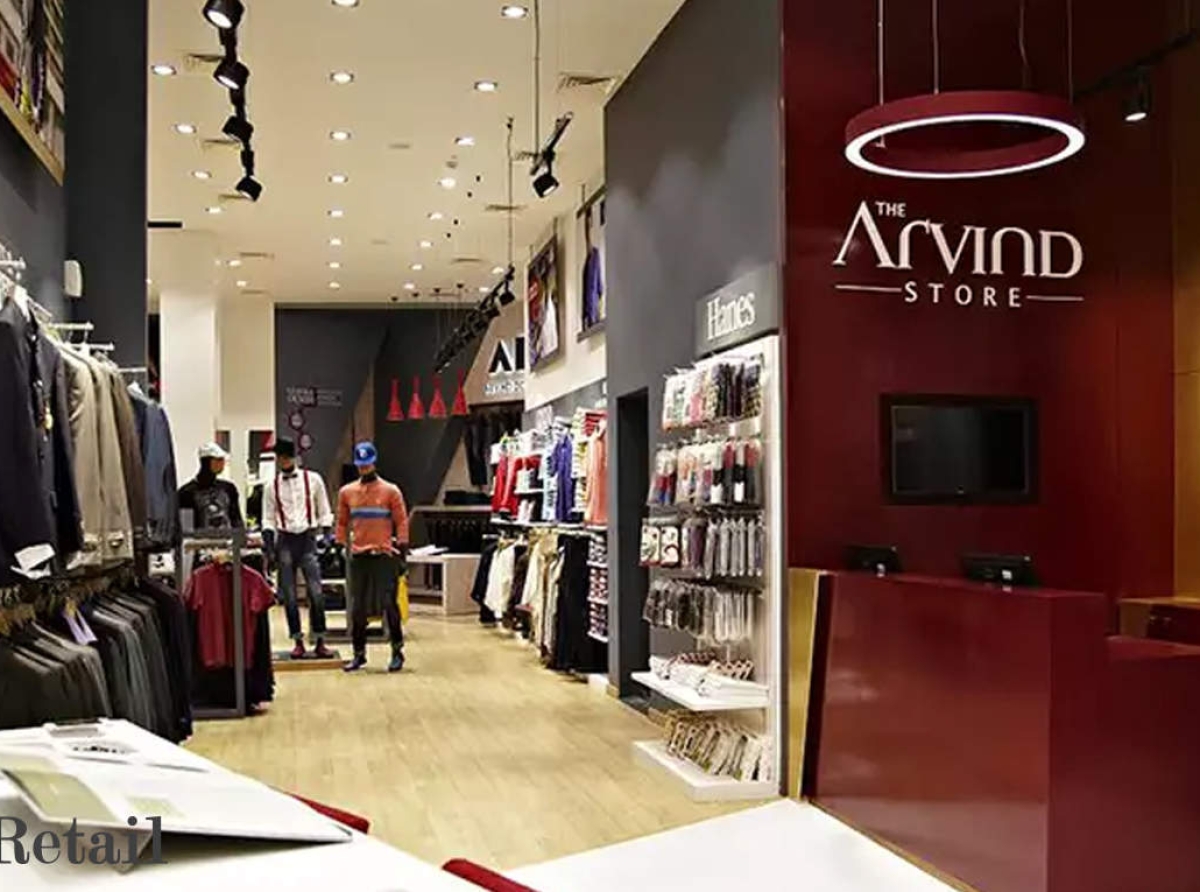Arvind Fashions Limited (AFL) is a major player in the Indian apparel industry, with a diverse portfolio of owned and licensed brands. However, its financial performance presents a complex picture. While recent quarters show promise, a deeper look reveals a company navigating challenges alongside opportunities.
Growth on a tightrope
Even though AFL doesn't publicly disclose its portfolio's total financial size as per Groww, AFL's market cap is around Rs 5,986 crore (as of May 29, 2024). On the one hand, Arvind Fashions boasts of impressive profit growth. Screener reports a healthy 32.8 per cent CAGR over the last five years. This indicates a steady rise in profits. However, this positive trend seems disconnected from revenue growth. Finology paints a concerning picture with a meager one-year sales growth of 44.08 per cent, and even worse, a negative 4.64 per cent growth over the past 3 years. This disconnect suggests that Arvind Fashions might be increasing profitability by cutting costs or raising prices, not necessarily by selling more products.
A brand performance check
Within AFL's portfolio, winners and losers emerge based on factors like brand positioning, marketing strategies, and consumer preferences.
• US Polo Assn.: This brand enjoys strong brand recognition and caters to the mid-priced segment, a major growth driver in India.
• Arrow: A well-established brand in formal wear, Arrow benefits from its legacy and focus on quality.
• Tommy Hilfiger & Calvin Klein: These premium international brands cater to aspirational buyers and offer healthy margins.
However, some brands within the portfolio are facing intense competition in saturated segments might struggle. These are brands that haven't adapted to evolving consumer preferences for comfort, sustainability, or online shopping could see a decline. Flying Machine for example, while the brand has a loyal following, it faces increasing competition in the casual wear segment. Meanwhile the company's attempt to establish its own brand identity with Arvind in the formal wear space might be facing challenges in a market dominated by established players like Raymond. The success of a brand often hinges on factors like brand positioning that is does it cater to a relevant consumer segment and offer a differentiated value proposition? Does it strike the right balance between affordability and desirability? Does it have a strong presence across relevant channels (online & offline)?
Despite profit growth, Arvind Fashions faces numerous challenges. Finology points to a poor Return on Equity (ROE) and Return on Capital Employed (ROCE) over the past three years. This indicates the company might not be efficiently utilizing shareholder investments or its capital.
One major challenge is intensifying competition as both domestic and international players are vying for market share. Then consumer spending is be impacted by economic downturns. Moreover, staying relevant in a dynamic fashion landscape requires constant adaptation.
Arvind Fashions' recent profit growth is a positive sign, but it's overshadowed by sluggish revenue and weak financial ratios. The company seems to be squeezing profits through cost control, which might not be sustainable in the long run. With a focus on innovation and navigating a competitive environment, AFL is poised to be a major player in the ever-evolving Indian fashion industry. However, navigating competition and adapting to market shifts will be key to their continued success.

























